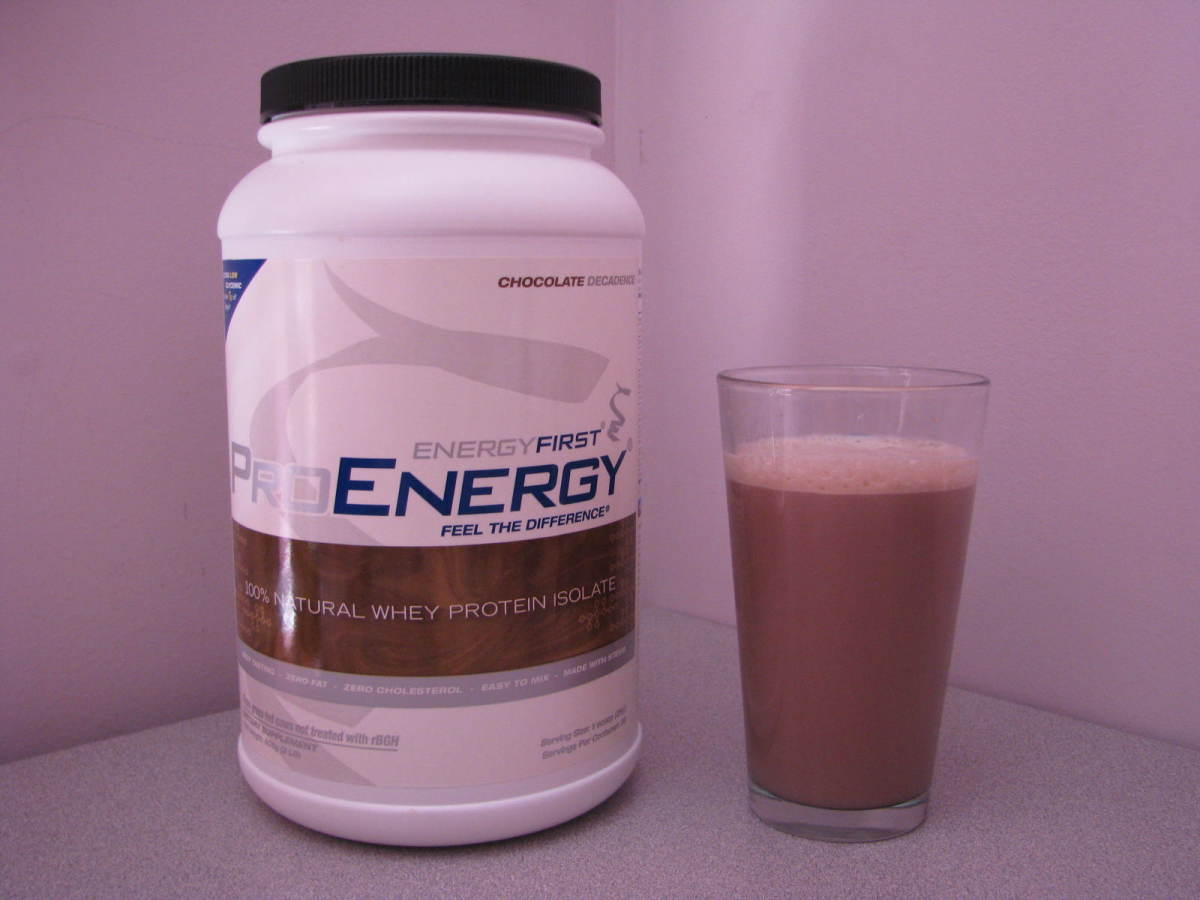Vitamin Supplements: Are They Necessary?

During the past few decades, the necessity of taking daily vitamin supplements has been a popular topic of discussion among nutrionists and others in the medical field. The big question is: are they necessary? Yes. It is necessary to take daily vitamin supplements in order to maintain a healthy body. However, simply taking vitamin supplements is not enough. It is still necessary to eat a balanced diet and exercise regularly. This paper will discuss the reasons why it is necessary to take daily vitamin supplements, the pros and cons of multi-vitamin and single-supplement pills, and choosing the right vitamin supplement(s) for you.
Why is it necessary to take daily vitamin supplements?
There are many different reasons, but this paper will only discuss the three main reasons. First, they can be used to combat dietary deficiencies. The majority of Americans do not meet their minimum daily requirements for vitamins and minerals. There are many reasons for this including poor food choices and the simple fact that the “food has changed” (Scheer 50). That is, there have been drastic food processing and technological changes during the past one hundred years. For example, since the “invention” of white bread, people have stopped consuming as much whole grain breads. Even people that strive to eat healthy foods may not be getting enough of the vitamins they need because some of the soils that plants are grown in are mineral deficient, resulting in diminished vitamins (51). Also, in the winter most people don’t get enough Vitamin D because there is less sunlight (Sharpe 107). By taking supplements, a person can not only make sure that their body is getting what it needs (Wise 51), but also “fill in the gaps” for meals incomplete in vitamins and minerals (Scheer 50). Second, vitamin supplements can be used to compliment a healthy diet and regular exercise. It is hard to get enough of some of the vitamins the body needs from food alone. For example, the RDA (recommended dietary allowance) for Vitamin E per day is 100 IU (international units), but it is nearly impossible to get this much without the help of vitamin supplements (Ulene 13). At the same time, supplements alone are not enough-- diet and exercise are equally important. They should be used to compliment healthy habits, but not to compensate for poor eating and a sedentary lifestyle (14). And third, vitamin supplements can be used to prevent disease and promote health. Studies have shown that taking vitamins helps to strengthen the immune system (Howe 69) and to reduce the risk of many diseases (Wise 52).
We have established the importance of taking daily vitamin supplements, however, which is better multi-vitamins or single supplements? What’s the difference between them?
Put simply, the term “multi-vitamin” usually refers to a pill that contains the “basic” vitamins that the human body needs on a daily basis, and “single supplement” refers to a pill that contains only one vitamin or mineral. There are pros and cons of each, but neither one is really better than the other. It really depends on the individual person and their particular dietary needs. The pros of multi-vitamins are that there is just one pill to take and that the ingredients are blended to work well together-- for maximum absorbability and effectiveness (Scheer 47). The cons are the many assumptions that people make. For example, people think that since they took a multi-vitamin that they are covered, but what they don’t realize is that not all multi’s have all of the necessary vitamins and nutrients (Sheer 50), or that you can’t get everything that the body needs from a pill (Sharpe 106). Many people also assume that “one size fits all” (Sheer 49). It is extremely important to choose the multi-vitamin that is best for each person’s individual needs. In addition, many people are unaware that if they consume too much of nearly any vitamin there are negative consequences. For example, taking too much iron can cause oxidation and artery damage (Sharpe 109). On the other hand, the pros of taking a single-supplement are that if a person is aware that their diet is low in one particular vitamin or nutrient they can take supplements to adjust for this. The cons of single supplements once again are the assumptions that people make. For example, a person may not like milk so they decide to take calcium supplements. What they don’t realize is that milk also contains magnesium, phosphorus, and Vitamin D. By only taking the calcium supplement alone their diet may still be low in the others (Sharpe 109).
The majority of people choose to take a multi-vitamin rather than single supplements. However, it is important to remember that all multi-vitamins were not created equal. Initially the only multi-vitamins that were sold were “one size fits all,” but recently companies have been developing more “custom fit” vitamins (Scheer 49). These “custom fit” vitamins are formulated with a particular group of people’s needs in mind. For example, there are now women’s, men’s, and children’s formulas on the market. The most common women’s formulas are “for pre-menopausal woman [and are] designed mainly to cope with premenstrual syndrome (PMS).” The men’s formulas are “designed to guard against prostatitis, inflamed and enlarged prostate gland, and prostate cancer.” And the children’s formulas are usually chewable, in fun shapes, and sweetened with fruit juice (50). There have also been multi-vitamins developed to combat particular medical problems and issues. These include heart-health and brain-boosting formulas (50). Read the labels carefully to find the one that most closely meets your individual needs. In addition, ensure that you meet, but do not exceedyour RDA’s (recommended dietary allowances) (Sharp 108).
In conclusion, trying to maintain a healthy diet (and lifestyle) can be confusing. The simplest method for doing so is to simply make an effort to eat a balanced diet and exercise regularly. By including daily vitamin supplements in your diet, you will be giving yourself additional insurance against dietary deficiencies and disease.
List of Works Cited
Howe, D. K., (2003), “Sound Off for Supplements.” American Fitness, 21:2, 69.
Scheer, James F., (1998), “Multi-Vitamins.” Better Nutrition, 60:12, 47-50.
Sharp, David., (1997), “Multi-Vitamins.” Health, 11:2, 106-109.
Ulene, Art., (1998) “Vitamins for Vitality.” American Fitness, 16:4, 13-14.
Wise, John A., and Robert O. Voy., (2000) “The Science of Supplementation.” American Fitness, 18:1, 51-55.









